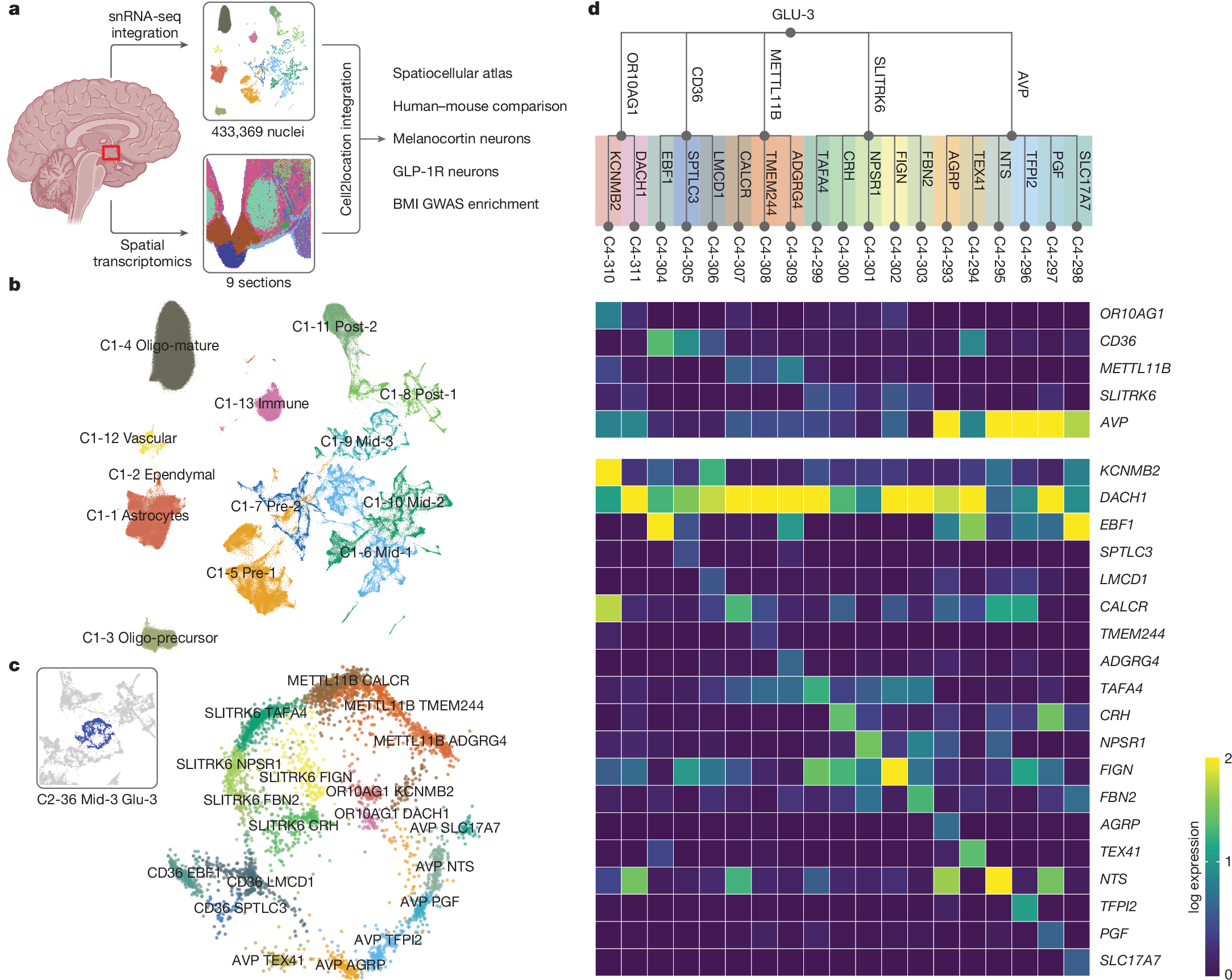2025-01-05 カリフォルニア大学サンディエゴ校 (UCSD)
<関連情報>
- https://today.ucsd.edu/story/new-insights-on-the-dynamics-of-harmful-algal-blooms-under-climate-warming
- https://royalsocietypublishing.org/doi/10.1098/rspb.2024.2520
緑膿菌内の種内分岐が、気候温暖化シナリオ下における淡水有害藻類ブルームの動態を媒介する Intraspecific divergence within Microcystis aeruginosa mediates the dynamics of freshwater harmful algal blooms under climate warming scenarios
Mirte C. M. Kuijpers,Catherine V. Quigley,Nicole C. Bray,Wenbo Ding,Jeffrey D. WhiteandSara L. Jackrel
Proceedings of the Royal Society B Published:05 February 2025
DOI:https://doi.org/10.1098/rspb.2024.2520

Abstract
Intraspecific biodiversity can have ecosystem-level consequences and may affect the accuracy of ecological forecasting. For example, rare genetic variants may have traits that prove beneficial under future environmental conditions. The cyanobacterium responsible for most freshwater harmful algal blooms worldwide, Microcystis aeruginosa, occurs in at least three types. While the dominant type occurs in eutrophic environments and is adapted to thrive in nutrient-rich conditions, two additional types have recently been discovered that inhabit oligotrophic and eutrophic environments and have genomic adaptations for survival under nutrient limitation. Here, we show that these oligotrophic types are widespread throughout the Eastern USA. By pairing an experimental warming study with gene expression analyses, we found that the eutrophic type may be most susceptible to climate warming. In comparison, oligotrophic types maintained their growth better and persisted longer under warming. As a mechanistic explanation for these patterns, we found that oligotrophic types responded to warming by widespread elevated expression of heat shock protein genes. Reduction of nutrient loading has been a historically effective mitigation strategy for controlling harmful algal blooms. Our results suggest that climate warming may benefit oligotrophic types of M. aeruginosa, potentially reducing the effectiveness of such mitigation efforts. In-depth study of intraspecific variation may therefore improve forecasting for understanding future whole ecosystem dynamics.


